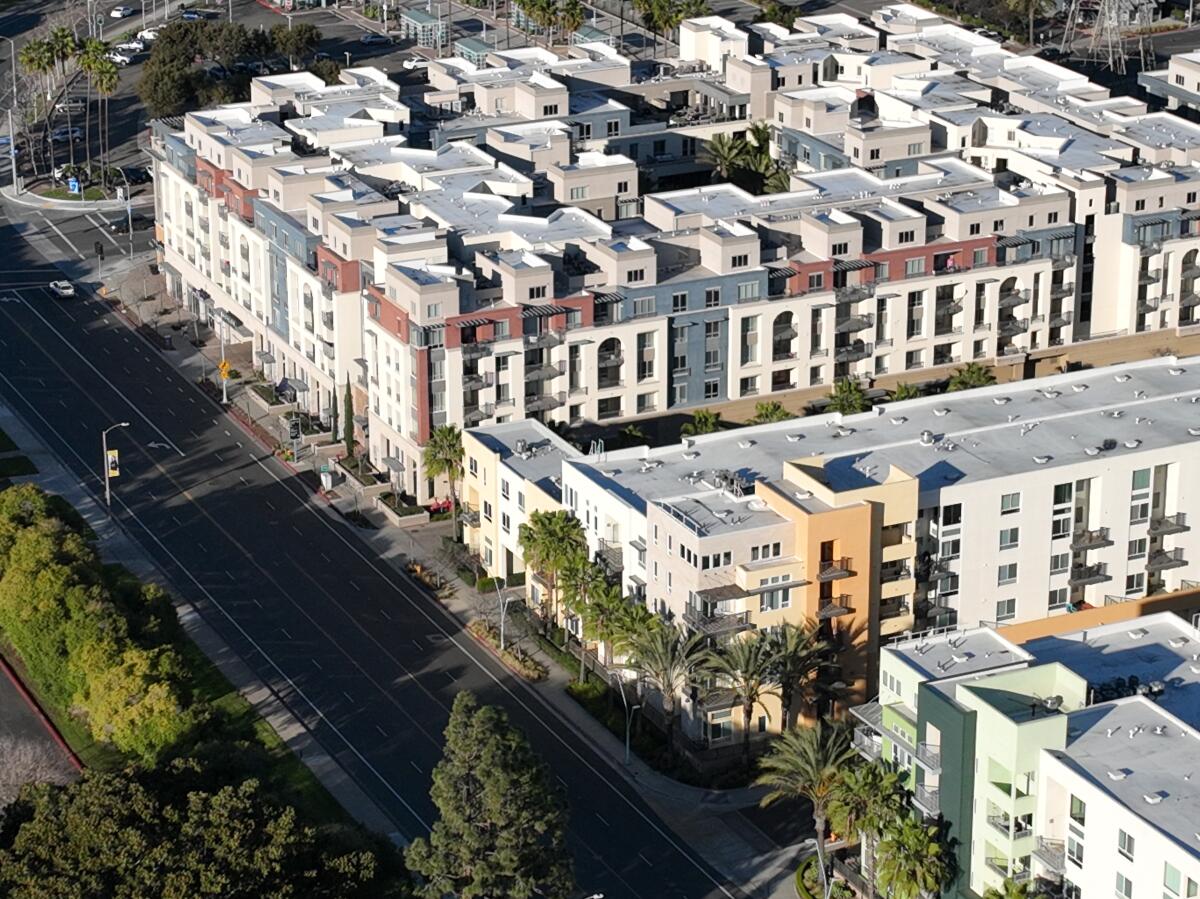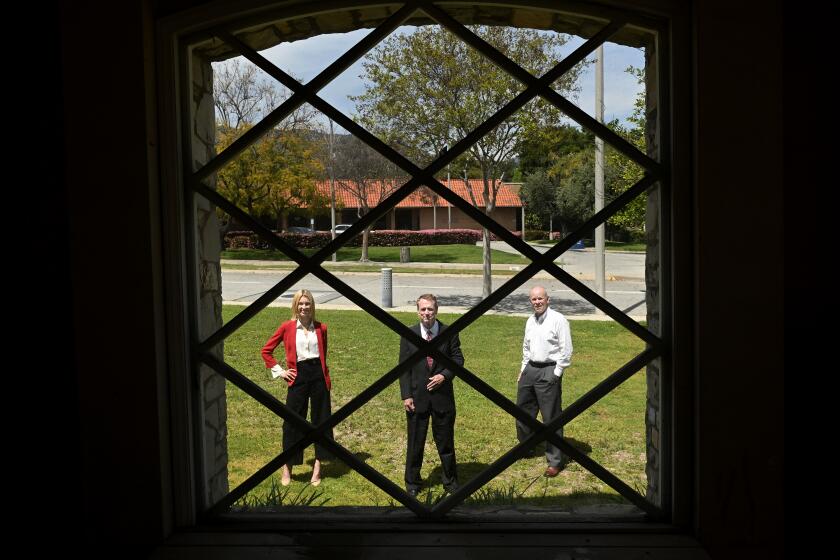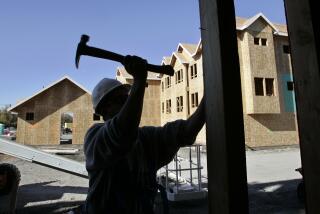Opinion: California will force Malibu and other towns to add housing. Here’s why that’s not nearly enough

- Share via
California has taken unprecedented action to spur housing production in recent years. Since 2017 the Legislature has passed nearly a hundred new laws to facilitate construction, including requiring cities to update local housing plans with more ambitious production targets. The executive branch has pursued a carrot-and-stick strategy to reward cities committed to addressing the housing crisis and penalize those that are not. And the attorney general scored recent high-profile victories in legal conflicts to advance plans for housing in the wealthy cities of Malibu, Huntington Beach and La Cañada Flintridge.
Yet California’s approach to land-use reform has not had the tangible impact on housing production and affordability seen in other states (such as Texas) and countries (such as New Zealand). These places have significantly changed land-use regulations and expedited construction by preventing local governments from denying permits through other means.
After years of back-and-forth, a court tells the affluent city of single-family homes to process an application for a housing development with 80 mixed-income units.
Meanwhile, California is not on track to reach its 2022 goal of building 2.5 million units by 2030. In recent years, we’ve permitted only an average of around 110,000 units annually. Updated housing plans across the state include zoning changes to allow for roughly 750,000 new homes, and the state estimates that the pending developments of more than 6,500 units have been unlocked due to its oversight. This is progress, but still insufficient to improve affordability and stem population losses driven by the high cost of living. The state government must expand the scope and speed of land-use reforms, with all cities, including wealthy and recalcitrant enclaves, doing their part.
Consider Malibu. After the city dragged its feet on its mandated housing plan, which was due in 2021, the attorney general petitioned the courts to intervene in April. Malibu settled with the state, agreeing to adopt a compliant plan by mid-September. In effect, the city was allowed to delay its plan update — and any new housing it may have produced — for almost three years without significant consequences.
And Malibu is not alone. Nearly a quarter of Southern California cities still lack state-approved plans to accommodate new housing development and implement fair housing policies. While these cities dawdle, the region’s residents suffer the effects of the housing shortage: high rents, overcrowding, eviction and homelessness. Given how far behind the state is in its goal to meet housing demands, stronger penalties and plans are needed.
Philanthropic and real estate leaders react with hope and skepticism to Mayor Karen Bass’ plan to use outside donations to buy real estate.
Senate Bill 1037 from state Sen. Scott Wiener (D-San Francisco), which would give existing laws more teeth, is one welcome start and recently passed in the Senate. Legislators should also strengthen the builder’s remedy law to incentivize cities to create compliant plans by allowing certain projects to bypass zoning rules, providing more clarity for developers.
Resistance from towns is not the only obstacle to construction. The state-mandated housing plan framework also bears responsibility, as it allows cities up to three years after finalizing their housing plans to change zoning. This multistep framework has enabled Los Angeles to propose bold, acclaimed reforms in its original plan only to whittle away its most effective provisions in the following years.
Another source of delays is the California Environmental Quality Act, which requires the review of rezoning proposals for potential environmental impact. While that may sound beneficial, it means many new housing development opportunities won’t be available until nearly halfway through the eight-year planning period. New housing on already built-up urban land, which helps reduce air pollution and greenhouse gas emissions by allowing people to live closer to jobs and amenities, shouldn’t be subject to the same environmental review as development on open space.
As the affordability crisis spirals, L.A. should remember that our city used to build dense housing everywhere.
One solution would be to exempt zone changes proposed in local housing plans from CEQA. Legislators could expand SB 10, a 2021 law that allows cities to forgo CEQA review for modest increases in allowed building density in limited locations, to permit greater increases across already-developed areas. This could empower pro-housing cities to change their zoning more quickly and remove an excuse that anti-housing cities use to delay growth. Additionally, local governments can use environmental review to drag out project approvals indefinitely, which contradicts streamlining provisions in state housing law. The Legislature should reconcile these two statutes.
When at long last cities do adopt their plans, they are often inadequate, falling short of meaningful improvements to housing affordability and access. They are also often unfair: Our ongoing research shows that most California cities concentrate new housing sites in their lower-income neighborhoods. This not only conflicts with fair housing goals; it also reduces the amount of housing developers will build and leaves on the table the many units that could be added to higher-income neighborhoods. State regulators should respond by requiring objective, performance-based metrics, such as the Fair Housing Land Use Score, to ensure all neighborhoods take on their fair share of development.
California is earning national recognition for its action on housing, partly due to high-profile state-local conflicts exemplified by the Malibu case. The Legislature and governor have taken on some tough fights with important symbolic value. But if our leaders are serious about improving housing conditions for the majority of Californians, that symbolism must be matched by more substantial reform of state housing and environmental laws.
Paavo Monkkonen is a professor of urban planning and public policy at UCLA. Aaron Barrall is a housing data analyst at the UCLA Lewis Center for Regional Policy Studies.
More to Read
A cure for the common opinion
Get thought-provoking perspectives with our weekly newsletter.
You may occasionally receive promotional content from the Los Angeles Times.













